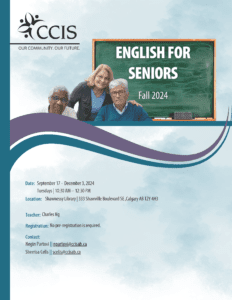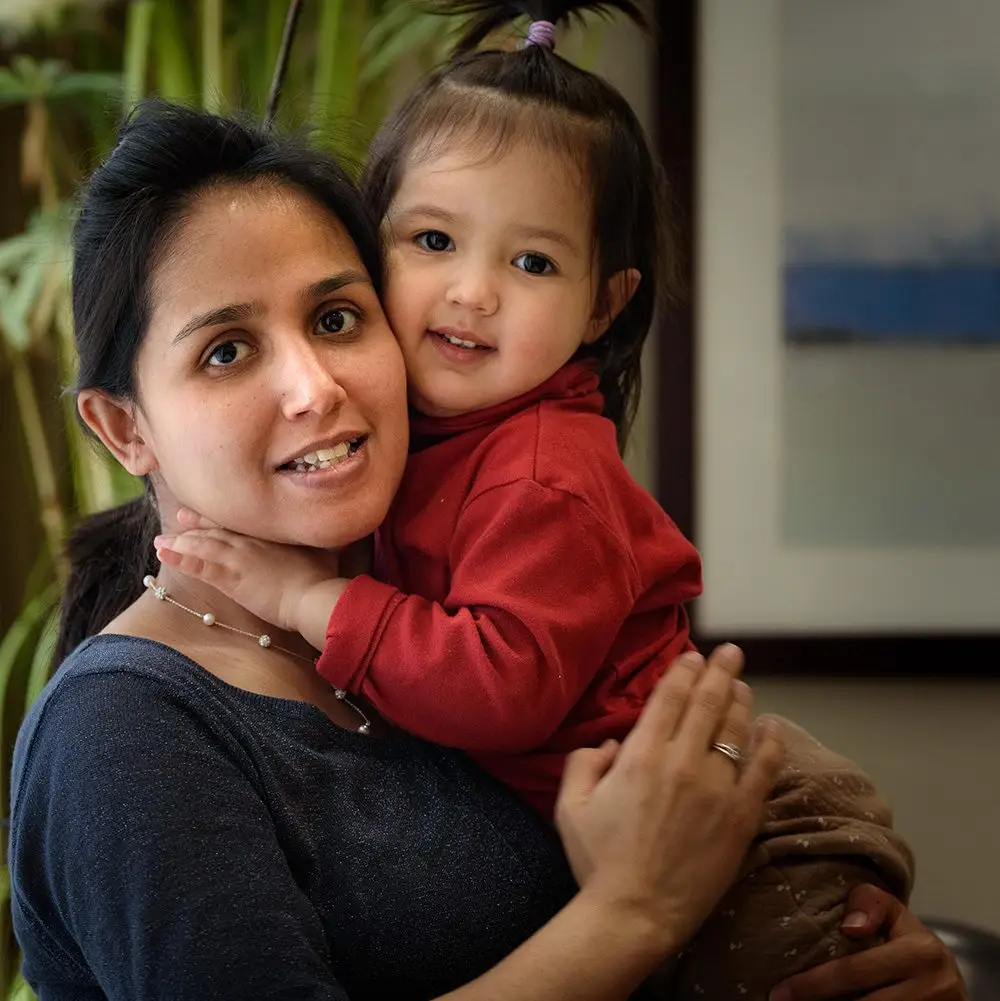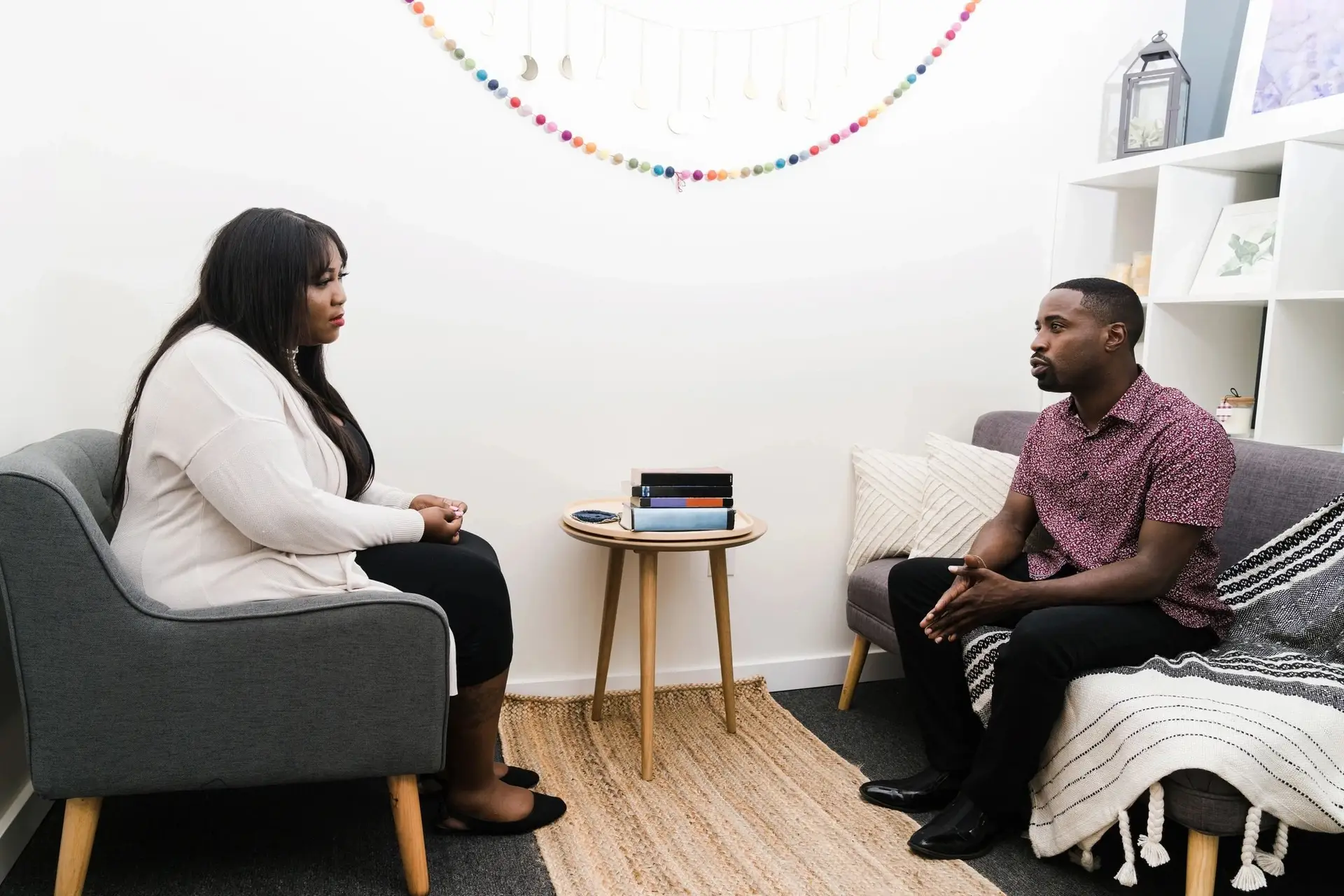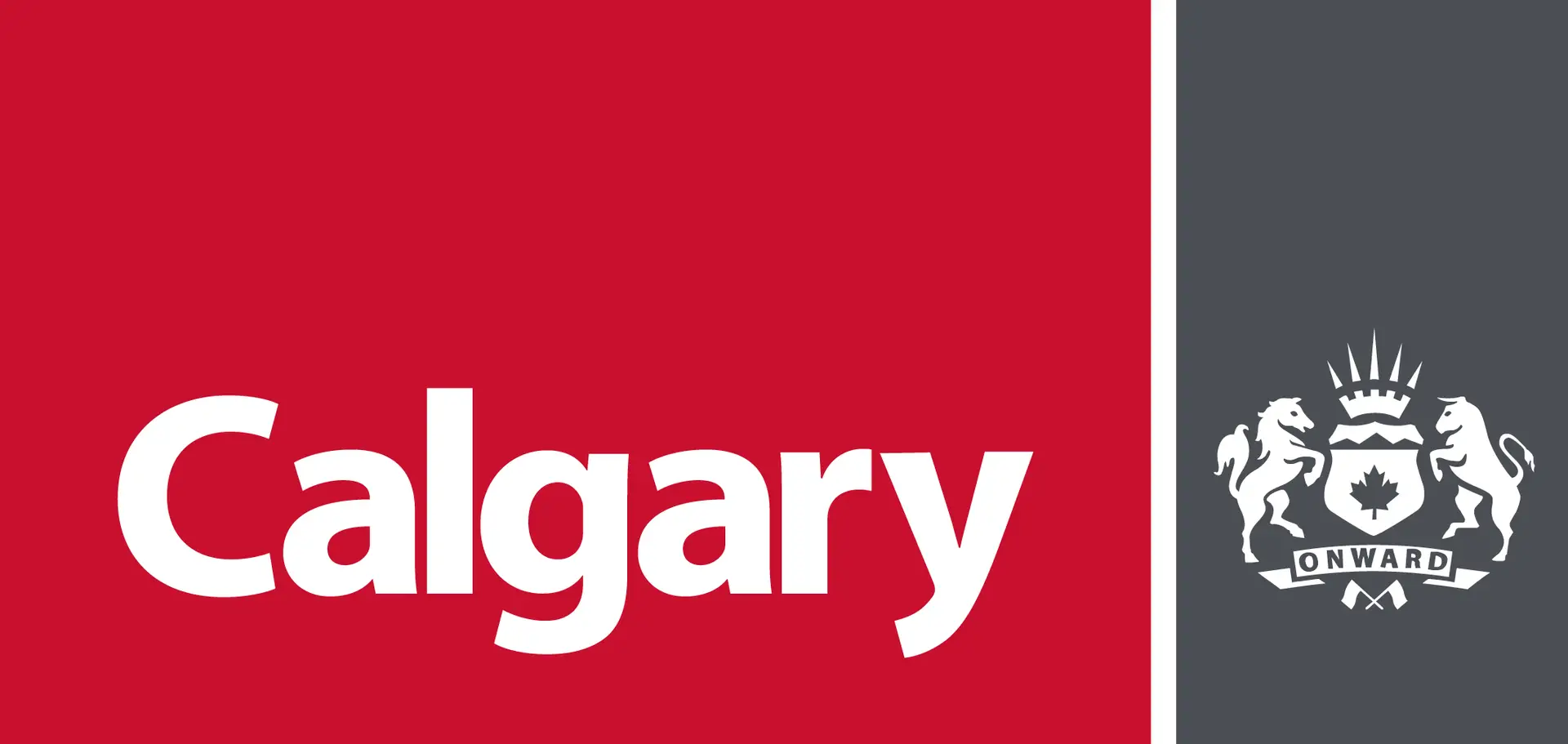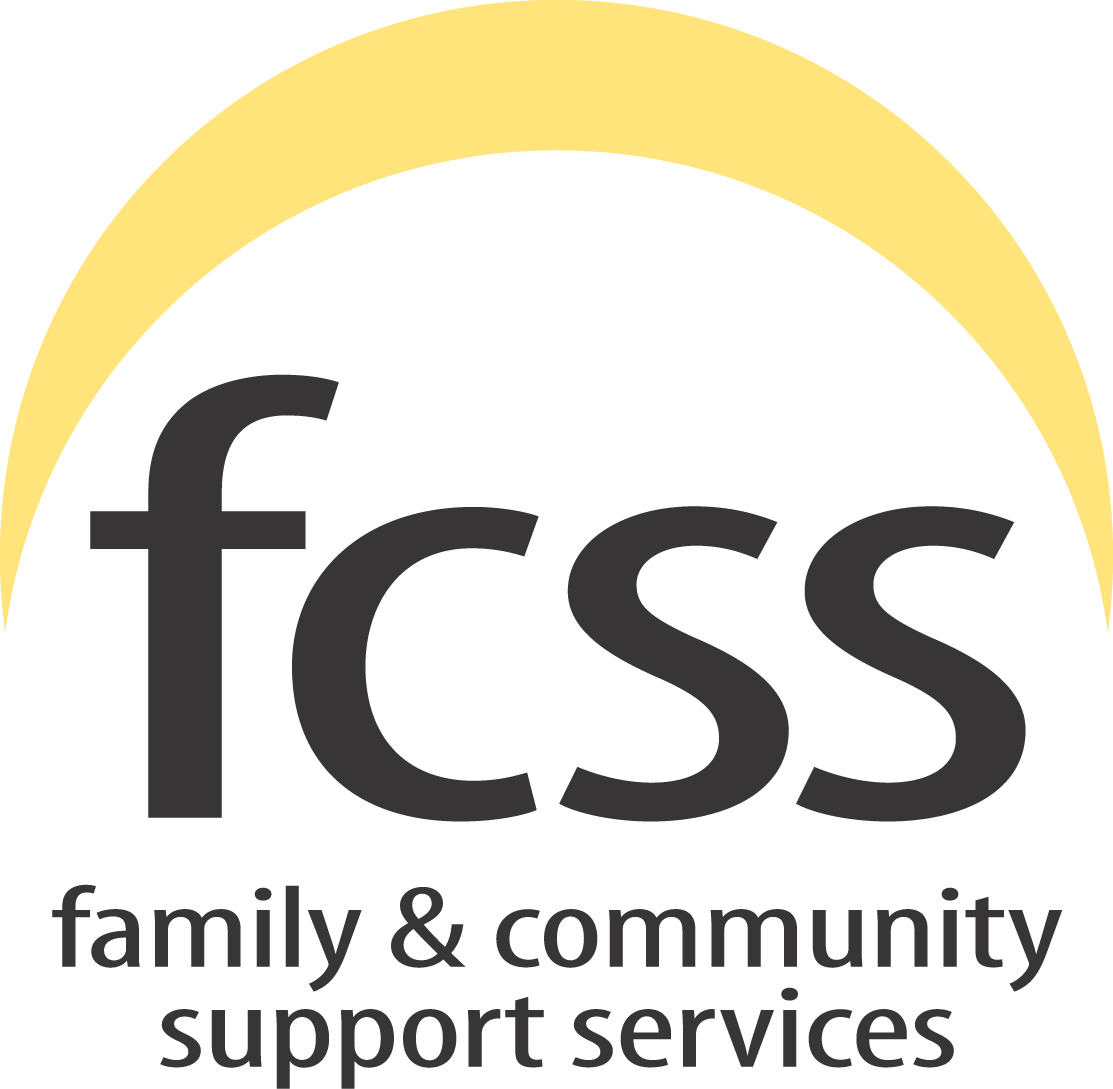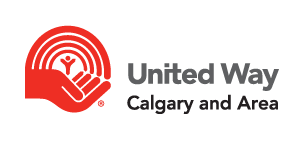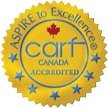 Counselling Practicum Outline
Counselling Practicum Outline
COUNSELLING PRACTICUMS
with the Centre for Refugee Resilience
CRR Background
The Centre for Refugee Resilience (CRR) is an interdisciplinary team offering client-centred support for refugees who are healing after trauma. Our team works with clients of all ages with a holistic, family-focused approach. All families entering the program receive support from a case coordinator who offers community navigation, resource referrals, problem-solving support, and settlement support. Therapists work with individuals of all ages, as well as the family unit when requested. The team works collaboratively together and with other supports involved with our clientele. The team environment is an important aspect of the work, and practicum students are welcomed into the team to add their perspectives and outlook into the experience found on the team. The team is rounded out with the Program Manager, Clinical Supervisor, interpreters, and a Refugee Resilience Educator focusing on public education.
Supervision
For the 2022-23 school year, the program’s supervisor is a Registered Psychologist who will be fully registered for one year at the time of the practicum start. Students will have the opportunity to observe and learn from other team members, including clinical social workers, art therapists, provisional psychologists, certified counsellors, interpreters, and case management social workers.
Population Specifics
The Centre for Refugee Resilience works with immigrants and refugees from all parts of the world. The program focuses on trauma treatment for refugees. Our practicum students work with this population on more general mental health concerns (anxiety, depression, settlement stress) in a trauma-informed setting. Deeper trauma work is reserved for our experienced practitioners. The program’s therapists practice a range of therapeutic modalities, including Cognitive Behavioural Therapy, Mindfulness Based Stress Reduction, play therapy, art therapy, narrative therapy, Solution Focused Brief Therapy, somatic-based therapies, Accelerated Resolution Therapy, among others.
Student Requirements
The program considers counselling practicums for Master’s level students who are moving into therapeutic counselling. The program will consider total hours required by the academic institution, but we will limit practicum involvement to those that stretch over 2 semesters, as opposed to shorter term placements. Successful student applicants will be able to demonstrate strong cross-cultural skills, interpersonal skills, organizational skills, and a commitment to learning. It would be an asset for applicants to have experience working with refugees and speak a second language, ideally Arabic, Kurmanji, Dari, Pashto, Spanish, Tigrinya, Somali, Amharic, French, or Farsi.
Timelines
January to March 15: resumes accepted for counselling practicums March: interviews for leading candidates, references checked April: the successful candidate will be offered the placement. The program has capacity to accept one candidate per year. Finalizing paperwork with universities and getting approvals. September through April: the practicum opportunity runs through these months
Start the Process
Interested students should email Jill Edgington Kirby at [email protected] with the subject line: “counselling practicum application”
